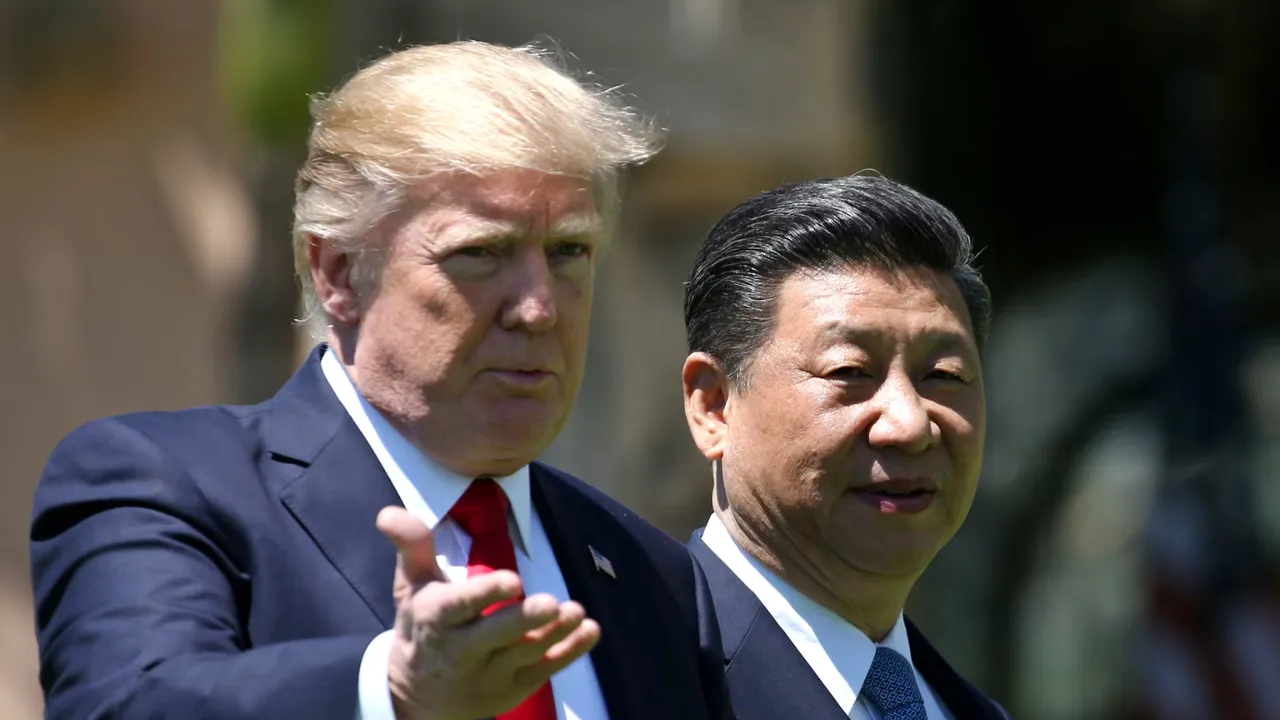Indian exporters, mainly from the apparel sector, had asked the government to withdraw this facility to Bangladesh

India Ends Bangladesh Trans-Shipment: In a significant policy shift, India has decided to discontinue the trans-shipment facility that allowed Bangladesh to transport its goods through Indian territory to reach other countries. This decision, effective immediately, is expected to have considerable implications for Bangladesh’s export logistics and trade relationships.
The trans-shipment arrangement had provided Bangladesh with a crucial route to bypass geographical limitations and access markets beyond its immediate borders. By utilizing Indian land and sea routes, Bangladeshi exporters could efficiently move their goods to countries in South Asia and beyond. The cessation of this facility will now necessitate alternative, potentially more costly and time-consuming, routes for Bangladeshi trade.
The reasons cited by the Indian government for ending the India Ends Bangladesh Trans-Shipment arrangement have not been immediately clarified. However, sources suggest potential concerns related to security, infrastructure capacity, or a re-evaluation of regional trade priorities.
The impact of India Ends Bangladesh Trans-Shipment is likely to be felt most acutely by Bangladeshi businesses that relied heavily on this route. Sectors such as textiles, agriculture, and manufacturing, which frequently utilize trans-shipment, may face increased transportation costs and logistical challenges.
“This sudden end to the trans-shipment facility will undoubtedly create hurdles for Bangladeshi exporters,” commented a trade analyst. “Finding alternative routes and adjusting supply chains will require significant time and resources.”
The decision by India Ends Bangladesh Trans-Shipment could also have broader geopolitical implications, potentially influencing trade dynamics and bilateral relations between the two neighboring countries. Stakeholders are keenly awaiting further clarification and potential discussions between the governments to mitigate any adverse effects.
For more information on trade policies between India and Bangladesh, you can visit the website of the Ministry of Commerce and Industry, Government of India. (External Link:
https://commerce.gov.in/)




Leave a Reply to China's Retaliatory Tariffs: 84% Levy on US Goods Sparks Global Chaos – VED WIRE Cancel reply